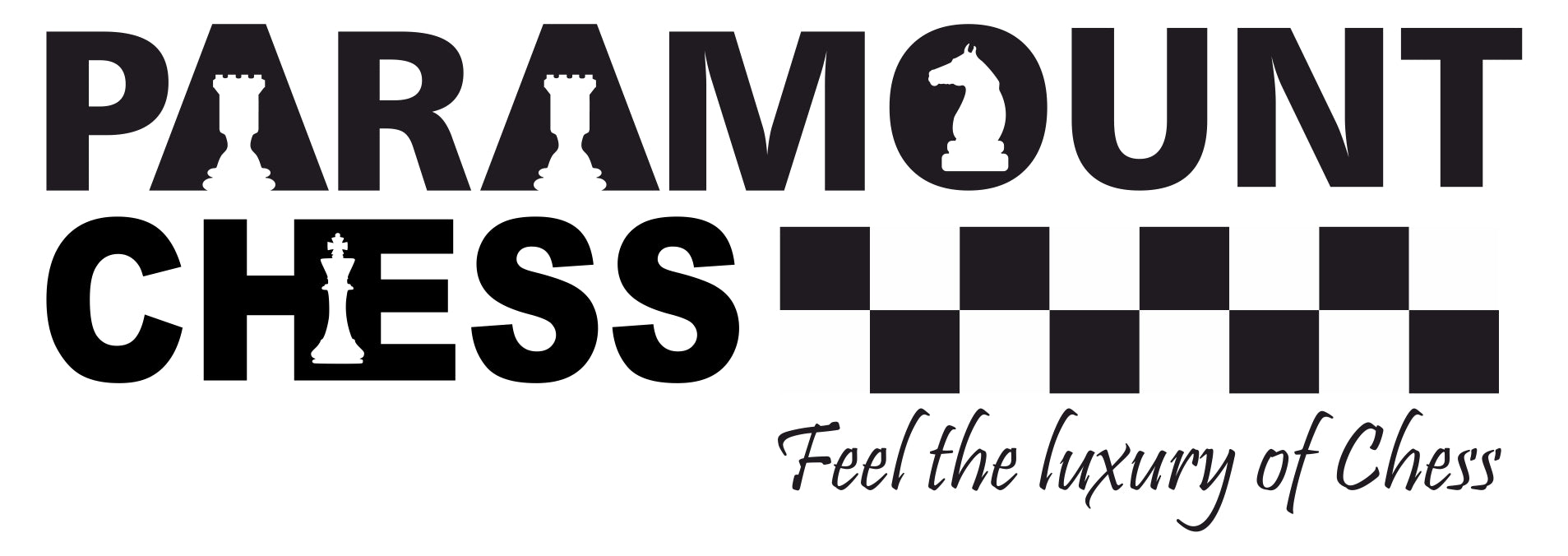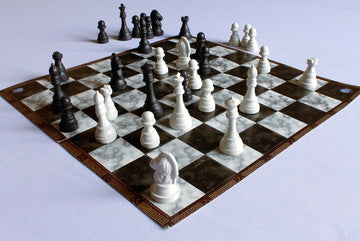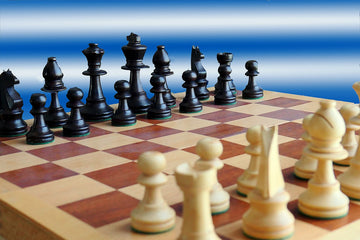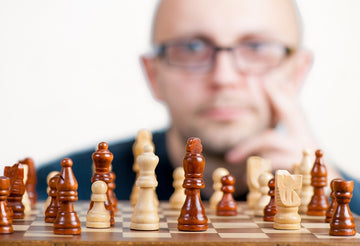
Chess clubs have been an important part of any grandmasters rise to the top. They imbibe certain values that are ingrained in young minds for years. It is these set of values that differentiate top players from the rest of the crowd. We all know the importance of starting out young in the life of a chess player. Let us have a look at the values learnt in a chess club.
Problem Solving
What is the difference between a math assignment and a video game level? One similarity among them is that both of them are puzzles. Of course, the consequences of not doing the assignment are a lot worse than not clearing the level in a video game. But why do kids still prefer playing video games? Perhaps this is because, video games are a lot more interesting than a math assignment. The game of chess strikes a great balance here. Chess is not as addictive as video games. It does not strain your eyes and it can get very interesting.
Playing chess is a great way of connecting with friends and family. It is also a unique way to teach and explore strategy and tactics. Chess is a great tool to teach problem solving to people from all walks of life.
Calmness under Pressure
Chess can become very competitive. Talking about chess competitions where time is of the essence, tactics need to be utilized with blazing speed and accuracy. Chess is a great tool that can be used to teach kids to stay calm under pressure. Imagine a situation on the chess board where you have just lost your Queen. It was a blunder and you cannot replay this scenario like you could in a video game. What do you do now? Well, you get up, analyze what went wrong and try to make the best out of it.
Chess is a wonderful game through which this can be well accomplished and taught to children. The ability to stay calm under pressure is useful not just on the chessboard, but in real life as well. There may be times when things do not go according to plan. During such times, staying calm and making the best out of the situation can greatly enhance your position.
Patience
This is probably one of the most underrated qualities that chess clubs imbibe among the young. The quality of patience is so pure and pristine that it takes years of effort and guidance to develop. Chess clubs are great at developing this because, the entire game of chess revolves around patience and vigilance. To get to the top, one must be patient. One way that chess is able to achieve this is through delayed gratification.
What that means is that, the seeds of hard work take time to bear fruit. This instills the importance of diligence and hard work among the younger folks. In a game where it is so important to predict the opponents next moves, it is vital that players are patient. This helps them analyze where the opponent goes wrong and counter that accordingly. Also, developing patience at an early age greatly helps people in life in a multitude of tasks.
Pattern Recognition
Ever took an IQ test? A major portion of an IQ test deals with pattern recognition. Why is that so? As humans, we pride ourselves in the art of pattern recognition. It is human tendency to form a group and interact with individuals that we find similar. Kids can develop this trait and become good at it through the game of chess. If you don’t already know, there are millions of combinations of moves that can occur on the chess board. However, there are certain set of moves that can be employed to gain a head start. These are called openings.
Check out our article on the most common chess openings below:
Learning to form and recognize openings and reacting accordingly is an important skill that will go a long way. This not only improves the accuracy of moves on the board, but also forges an important skill. Increase in pattern recognition skills has a direct link with an increase in the Intelligence Quotient (IQ).
Strategic Thinking
This skill is another huge benefit that the game of chess has over other commonly consumed video games. Sure, nowadays the games have become a lot more vibrant with a ton of possibilities. But strategic thinking is not improved when you have access to an abundance of resources. To improve this, you need a limited degree of freedom and limited resources. This is exactly the scenario that is viable in the game of chess. It explores that consequences and rewards of each move that you make. Furthermore, it improves strategic thinking in terms of concepts such as profit/loss analysis in terms of material. It also adds a psychological dimension to the game.
Chess clubs have played a vital part in the lives of many grandmasters. Check out our article on Viswanathan Anand to see the importance of the Tal Chess Club to him:
Further reading 1: https://www.chess.com/forum/view/general/forming-a-chess-club
Further reading 2: https://blogs.sas.com/content/sascom/2014/08/29/scholastic-chess-clubs-10-reasons-why/




